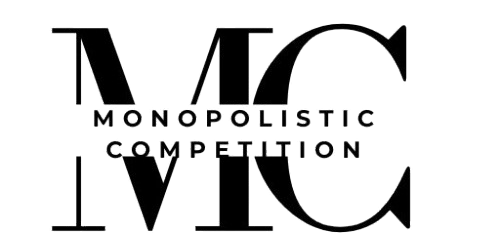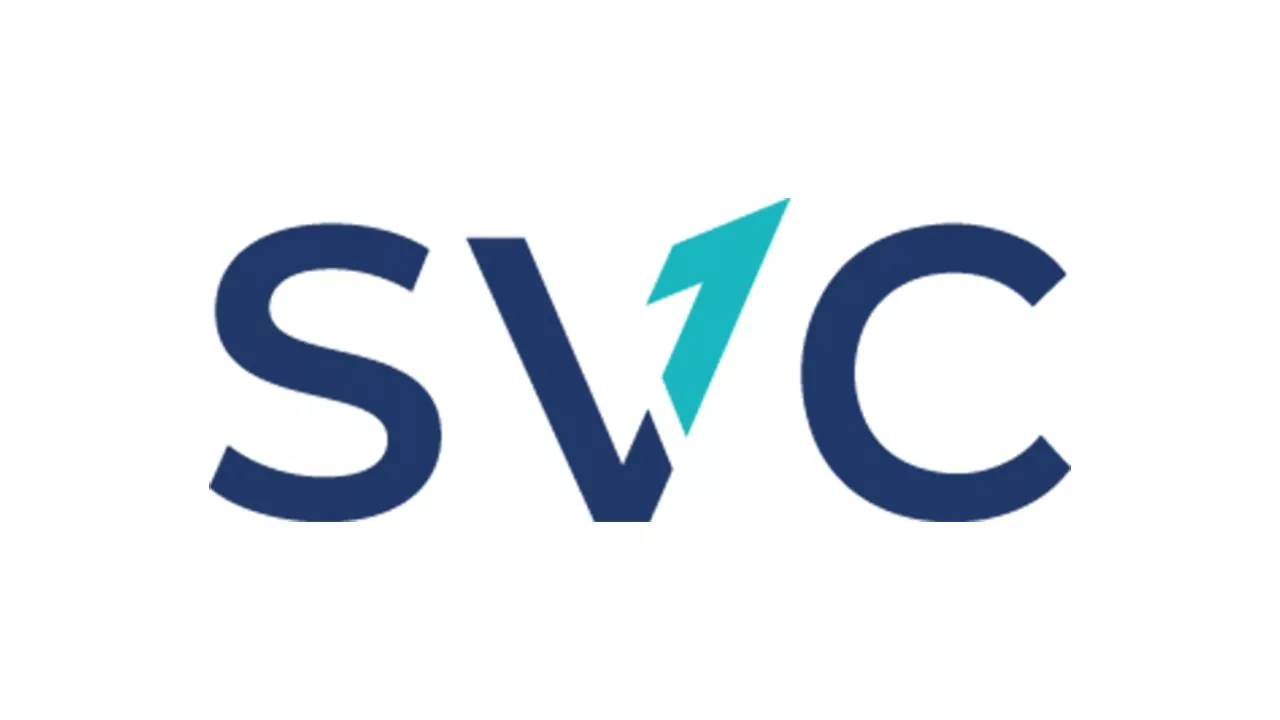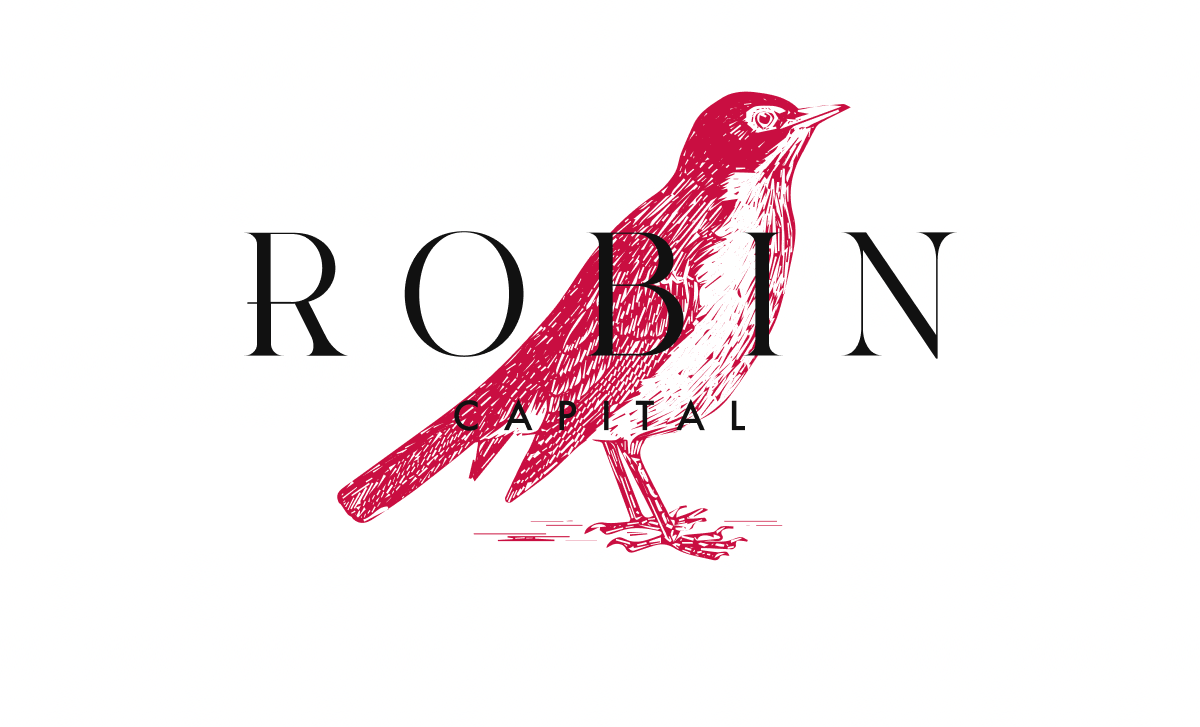The future of a competitive Europe depends on innovation. To keep pace with other regions in an increasingly unstable geopolitical world, the EU must create new, better ways of delivering existing products and services and profitable solutions to global problems.
The potential of emerging technologies, such as generative AI, cutting-edge materials which protect the environment, and the power of supercomputing is vast, with the capacity to deliver a better quality of life to citizens as well as providing employment and economic growth. But to harness that potential, thousands of firms need to invest or scale up. This is where Venture Capital (VC) comes in.
VC plays a crucial role in boosting innovation in Europe by providing essential funding and support to startups and small to medium-sized enterprises (SMEs) with high growth potential.
According to Invest Europe, over the past decade, VC funds have invested €143.6 billion into more than 26,100 startups, significantly contributing to job creation and economic growth.
Companies backed by VC now employ more than 1 million people in Europe, with a job creation rate of 18% in 2022, far exceeding the overall European job creation rate of 2%.
Injecting capital, dynamism
VC not only injects capital, but it can also bring dynamism and expertise by creating the right environment for technologies and solutions that address critical challenges, such as climate change and digital transformation, to thrive.
Young businesses can leverage their VC investment to take advantage of the knowledge of mentors, entrepreneurs and investors who have had past success. VC also creates jobs faster than any other segment of private equity, adding 21% more jobs at start-ups tracked by Invest Europe in 2022.
The European venture capital landscape has evolved in recent years, with a notable increase in fundraising and investment activity. Despite recent slowdowns due to economic uncertainties, the VC sector remains resilient, with significant capital raised across various stages of investment.
20% returns with EU funds
Traditional wisdom tends to focus on the United States as the home of VC. However, the European industry has demonstrated strong financial performance, with European VC funds achieving net returns greater than 20% annually over a 10-year horizon, outperforming many global benchmarks.
According to Eric de Montgolfier, CEO of Invest Europe, Europe could be doing more.
“Europe has world-class research institutions, gifted entrepreneurs, great global businesses and a deep pool of institutional investors,” said de Montgolfier, “but it could be making more of its natural attributes. Particularly if it is to compete with North America and Asia in the creation of technology champions, [driving] the green and digital transitions, and [ensuring] European sovereignty in fields including technology, health and defence,” he said.
“Venture capital is central to all these ambitions. The industry has grown rapidly over the past decade. In doing so, it has created many outstanding start-ups and generated multiple benefits for Europe’s economy and society. With the right support and incentives, it can go much further. That will drive more innovation, more world-leading start-ups, and multiply the rewards for all of Europe.”
Early-stage funding.
One area where VC can be vital is in early-stage funding.
As de Montgolfier remarked, Europe is not short of ideas, skills or research, but start-ups often struggle to get off the ground and make the transition to successful businesses and employers. Private equity and venture capital is an essential source of capital for entrepreneurs.
Just ask Matthew Elson, CEO of Evotix, who acquired the business for £1 in 2011 and, thanks to VC investment from Frog Capital in February 2020, now assists more than 500 companies and their approximately 150,000 employees in enhancing their health and safety operations.
Evotix is a cloud-based, mobile software business that develops technologies that are transforming the management of critical environmental, health, safety and sustainability challenges.
Another striking example is Endotronix, which was established in 2007. In 2016, Seroba made an early investment, providing $32 million in Series C Funding to support the company’s early-stage developments. Endotronix, a digital health medtech company, developed a cloud-based disease-management system and an implantable wireless pulmonary artery pressure sensor for patients suffering from advanced heart failure.
More than 500 patients have now been implanted with the CordellaTM PA sensor, and the company employs 136 employees.
Responsible innovation investment
These two examples show that Europe is a leader in responsible innovation investment, with a particular focus on fintech, biotech, energy & the environment. For example, €23bn has been invested by VC in biotech and healthcare since 2014. This is largely due to the EU’s commitment to responsible investment, sustainability, its strong, open regulatory environment and the rule of law.
But Invest Europe wants the EU to go even further and calls for the creation of an environment in which innovators can thrive, including measures to promote talent mobility and retention and to incentivise equity holdings through EU law.
“The good news is that innovation is embedded in venture capital’s DNA and that Europe’s venture capital industry is stepping up to the challenge, investing in start-ups that improve lives and livelihoods,” said de Montgolfier.
“Invest Europe’s authoritative data shows how the European start-up ecosystem is growing and evolving. By focusing on venture capital alone, we can demonstrate all the ways in which the industry touches and benefits Europe’s economy and society, from investment into start-ups to employment and job creation, and returns to long-term investors,” he added.
[Edited By Brian Maguire | Euractiv’s Advocacy Lab ]












Leave a Reply